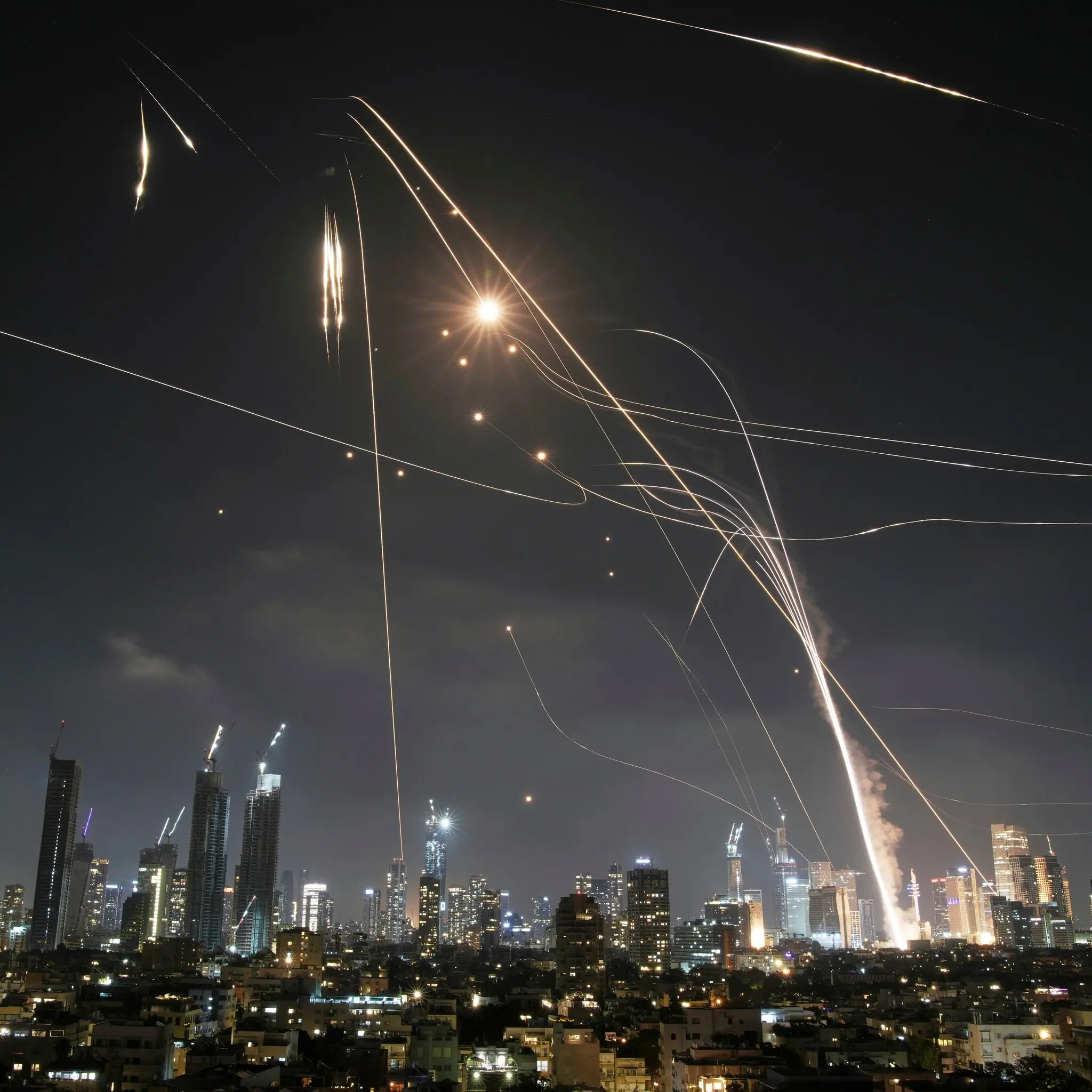When the Sky Burns: On Israel’s Attack and the Absence of Peace
Dr Rebwar Fatah
In the early hours of June 13, 2025, Israel launched a sweeping military operation against Iran, targeting nuclear facilities, military installations, and reportedly killing senior Revolutionary Guard commanders and nuclear scientists[1,2,3]. The operation, dubbed Rising Lion, has already triggered retaliatory drone strikes from Iran and a regional state of emergency[4,5]. But amid the smoke and rhetoric, one question remains painfully absent: who is speaking for peace?
This is not a matter of choosing sides. It is a matter of choosing futures. The current Middle East conflict—whether framed as Iran versus Israel, or Iran versus the West—has become a theatre where no actor seems genuinely committed to peace. Each party claims existential threat, yet none appears willing to pursue a peace process grounded in the principles of human rights and international law.
The roots of this crisis run deep. At its core lies a global failure: the absence of a credible, empowered international body capable of mediating disputes, enforcing international law, and ensuring that nations resolve their conflicts through dialogue rather than destruction. The United Nations, once envisioned as a guardian of peace, now appears sidelined—its voice drowned out by the roar of fighter jets and the silence of diplomatic inertia.
.
Israel’s leadership, under Prime Minister Benjamin Netanyahu, has framed the attack as a preemptive strike to prevent Iran from acquiring nuclear weapons. But critics question the timing and motives. With Netanyahu facing allegations of crimes against humanity and a long-delayed trial, one must ask: does war serve as a political shield? Does the fog of conflict obscure the pursuit of justice? If the war were to end, would the spotlight return to the courtroom?
And what of Iran? If the goal of the attack was to weaken the Islamic Republic, it may well have the opposite effect. History shows that external aggression often consolidates internal power. Many Iranians—despite their grievances with the regime—may now rally around it in the face of foreign assault. The attack humiliates, yes, but it also unites. And unity born of fear rarely leads to freedom.
This escalation does not serve the ordinary people of Iran, Israel, or the broader region. It does not bring safety. It does not bring justice. It does not bring peace. Instead, it reinforces a brutal logic: that in today’s world, proximity breeds hostility, and power is measured by destruction. Two nations, bound by geography and history, remain locked in a cycle of violence that mocks the very idea of a rules-based international order.
We are left with a haunting truth: the world is not governed by law, but by force. The jungle has returned, dressed in the language of national security and preemptive defense. The strong devour the weak. Survival belongs not to the just, but to the armed.
And yet, even now, another path remains. One that does not ask us to choose sides, but to choose peace. One that insists that human rights are not optional, that justice is not selective, and that the future must be built not on ruins, but on reconciliation.
Until then, the skies will keep burning—and the silence of peace will remain the loudest absence of all.
.
[1] https://gulfnews.com/…/israel-attacks-iran-iran-must…
[2] https://news.sky.com/…/israel-iran-live-israel-attacks…
[3] https://en.wikipedia.org/…/June_2025_Israeli_strikes_in…
[4] https://www.msn.com/…/israel-declares…/ar-AA1GC5DL
[5] https://www.msn.com/…/israel-attacks-iran…/ar-AA1GCkQQ
.
Dr Rebwar Fatah
The Managing Director of the Middle East Consultancy Services

